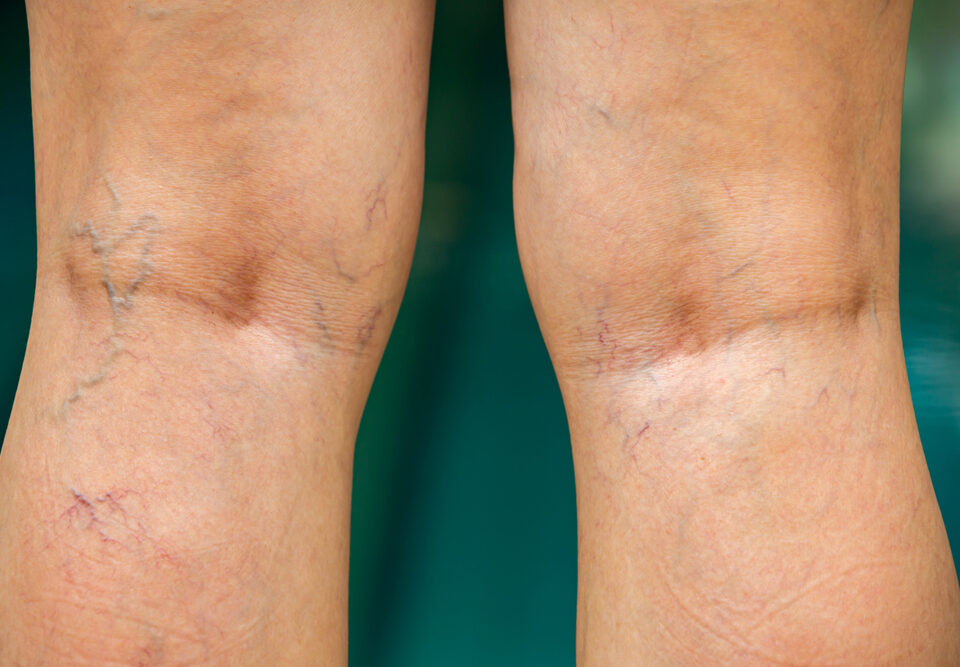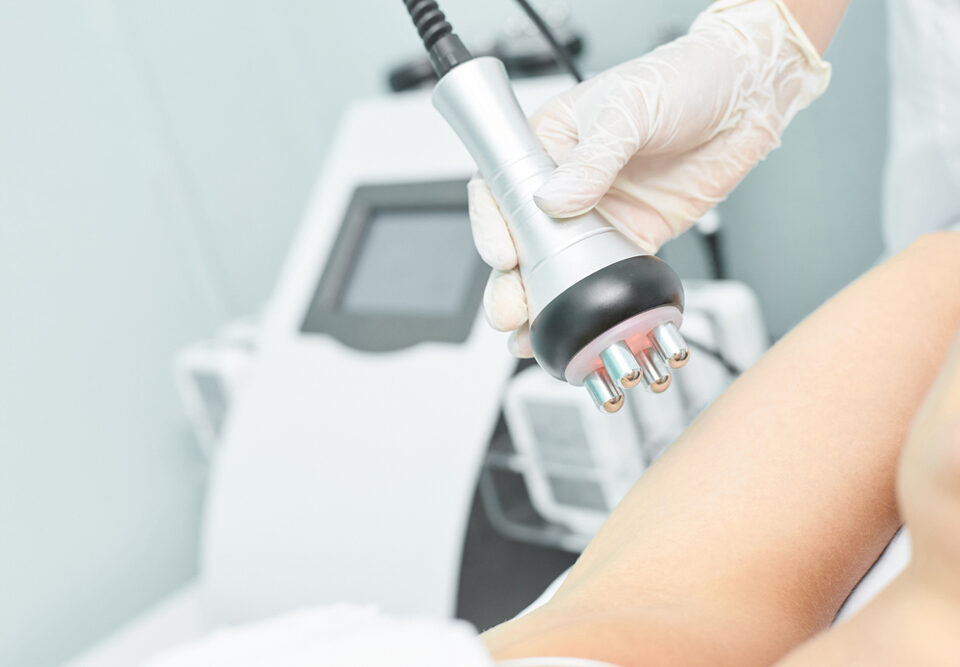There is a common misconception that varicose veins are purely an aesthetic nuisance. This is simply not true! Varicose veins don’t just appear unsightly – they can also cause health problems. Because many who suffer from varicose veins would prefer to wear long pants to cover up the problem rather than seek medical treatment, the varicose veins can get worse over time. So what exactly are varicose veins, and what happens if they go untreated?
More than Unsightly
Varicose veins are enlarged veins, typically found in the legs and feet that are visible through the skin because of their gnarled or discolored appearance. Varicose veins occur when the veins’ valves fail or are unable to keep the blood flowing forward, preventing the blood from easily and effortlessly traveling to the heart. When this happens, the blood begins to pool in the veins themselves and the result is varicose veins. There are different types of varicose veins and each appears a little different. The commonality between them is unusual, large, and gnarled veins that stand out against the skin and the other normal veins in the body.
Left Untreated
When varicose veins go untreated, the blood continues to pool in the veins and too often makes the situation worse, resulting in in one of more of the following conditions:
- Increased pain and swelling – When varicose veins go untreated, the veins continue to get more damaged, which ends up making the pain worse and the legs swollen.
- Prolonged symptoms. Just because a person with varicose veins is not experiencing any symptoms right now, it does not mean they will never experience them. In fact, the longer the varicose veins go untreated, the more likely they are to experience pain sooner rather than later.
- Tiredness and weakness – Over time, untreated varicose veins can cause weakness in the legs. This means the individual will get tired faster and with more severity. For individuals with active lifestyles or occupations that require them to be on their feet all day, this can be a huge consequence.
- Ulcers – Untreated varicose veins can increase the changes of wounds like ulcers to develop. They can also cause spontaneous bleeding and make it harder for the wounds to heal.
- Other conditions – Untreated varicose veins open the door for other conditions, such as the potentially deadly deep vein thrombosis, blood clots, and lipodermosclerosis.
To sum it up, not treating varicose veins leads to worse-appearing veins, more unpleasant symptoms, and more damage to the veins. This is why seeking treating is essential. A vein specialist can examine your veins, medical history, and lifestyle habits to make treatment recommendations that involve not only medications or medical treatments, but also lifestyle changes that can slow the progression of the condition and reduce symptoms.
Treating Varicose Veins
With a variety of treatments for varicose veins, the right treatment for an individual depends on the type of varicose veins he or she has, the severity of the condition, medical history, and recommendations by the vein specialist. Some of the most popular and effective medical treatments for varicose vein are:
- Ablation – Removing problematic blood vessels. This procedure can be done through traditional surgery or through advanced methods that significantly reduce the time patients need to recover.
- Sclerotherapy – Getting rid of small varicose veins by injecting the veins with a solution that collapses them.
- Microphlebectomy – Removing medium or large varicose veins through a minimally invasive outpatient procedure.
If you have varicose veins, the best thing to do is to seek a vein specialist. Ignoring them will not make them go away – they will only get worse! So don’t delay. See a qualified and experienced vein specialist for your treatment.
If you are looking for an experienced and high-quality vein and vascular medical center that specializes in a variety of vascular and vein-related conditions, Premier Vein & Vascular is the place for you. Premier Vein & Vascular of Tampa and Largo, Florida excel in the diagnosis, treatment, and prevention of vascular diseases such as stroke, chronic venous insufficiency, deep vein thrombosis, varicose veins, and poor circulation. To learn more, please contact the vascular and cardiology healthcare professionals at Premier Vein & Vascular by calling 1-888-VEINCARE. You can also use their convenient online appointment request form.





